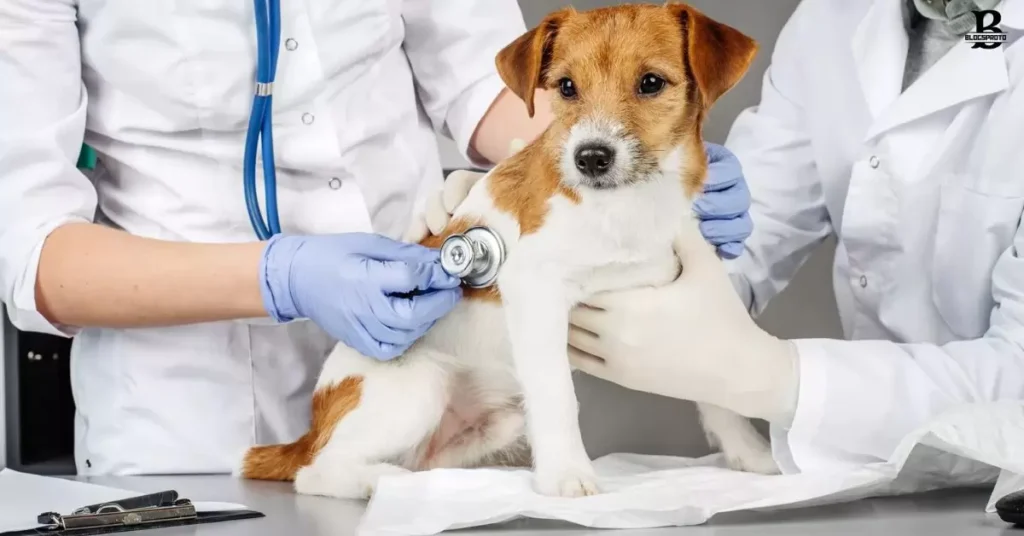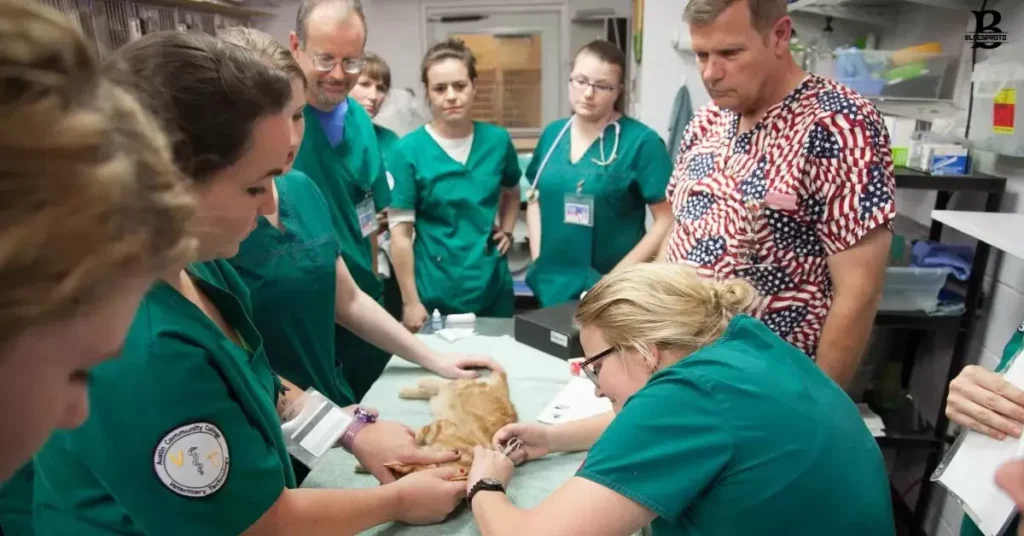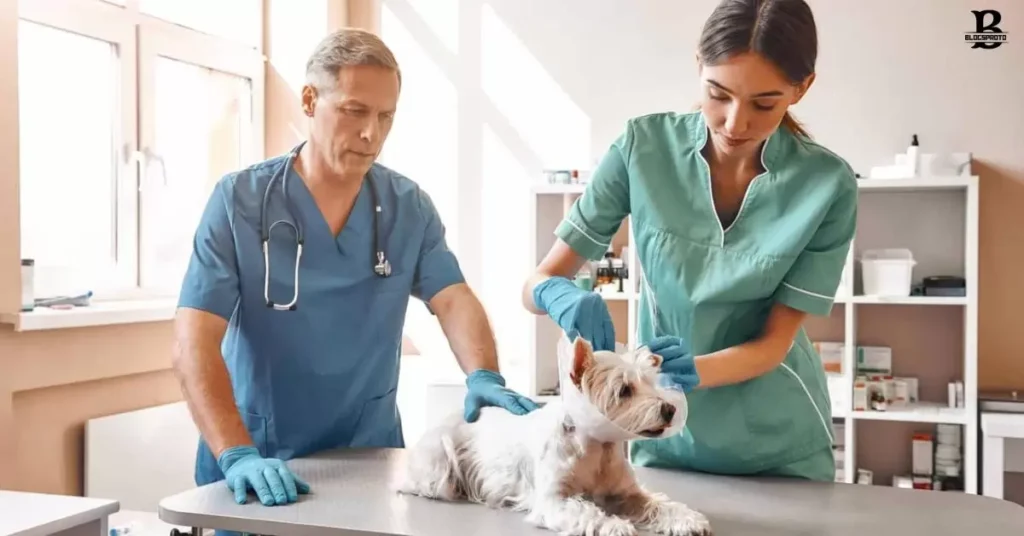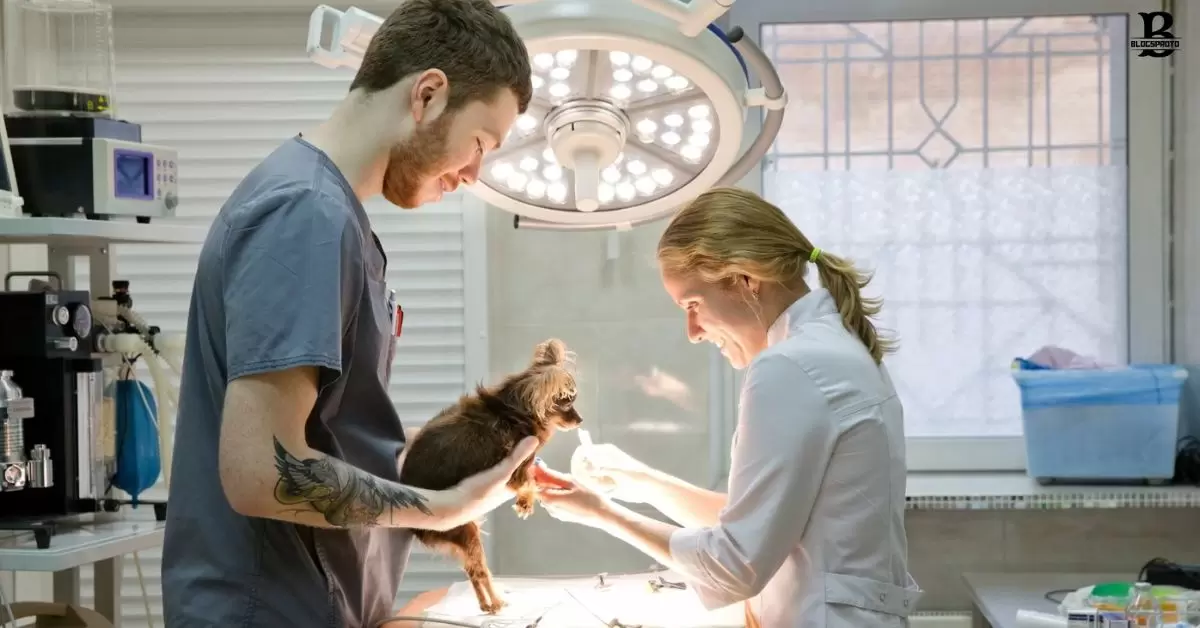Becoming a vet tech typically takes about two to four years. The most common path involves earning an Associate Degree in Veterinary Technology. Which usually takes two years. Some students choose to pursue a Bachelor’s Degree which extends the time to four years.
The length of time it takes to become a vet tech can also depend on the program you choose and your pace of study. Many community colleges and technical schools offer the necessary programs. If you study part-time. It might take longer to complete your degree.
After finishing your degree you must pass the Veterinary Technician National Examination (VTNE) to become certified. The preparation and scheduling for this exam could add a few more months to your timeline. Once certified you are officially a vet tech and can start working in the field.
What is a veterinary tech?
A veterinary technician helps care for animals. They work alongside veterinarians. Their job involves tasks like observing animals and giving medications. Veterinary techs also assist in surgeries and perform lab tests. They play a vital role in keeping animals healthy.
Veterinary technicians work in various settings. They can be found in animal hospitals clinics and research labs. Their passion for animals drives their work. They are essential members of the veterinary team.
Duties and responsibilities
Veterinary technicians have important duties every day.
- Veterinary technicians observe animals to check their health.
- They bathe animals to keep them clean and healthy.
- Collecting lab samples is part of their job.
- They take and develop X-rays to assist in diagnosis.
- Veterinary technicians provide emergency care to sick or injured animals.
Veterinary technician specialties
Veterinary technicians can specialize in different areas, focusing on specific aspects of animal care. Some specialize in veterinary internal medicine which involves treating chronic diseases and understanding animal anatomy. Others choose critical care where they play vital roles during emergencies. And administering anesthesia and monitoring vital signs.
Some vet techs work in zookeeping caring for exotic animals in zoos or aquariums handling a variety of medical emergencies and daily care tasks. These specialties offer unique opportunities for vet techs to apply their skills and make a difference in the lives of animals.
Requirements to Become a Vet Tech

Here are some requirements to become a vet Tech.
- Earn a high school diploma or GED.
- Complete post-secondary education in veterinary technology.
- Choose an accredited program recognized by the American Veterinary Medical Association (AVMA).
- Pass the Veterinary Technician National Examination (VTNE).
- Obtain state licensure certification or registration, depending on the state’s requirements.
- Gain practical experience through internships or entry-level positions.
- Participate in continuing education to stay updated with advancements in veterinary medicine.
How to Become a Vet Tech?
Becoming a vet tech starts with high school. Take biology chemistry and math courses. Get hands-on experience by volunteering or working with animals. After high school, earn a degree in veterinary technology. Look for programs accredited by the American Veterinary Medical Association.
Once you have your degree, get certified. Pass the Veterinary Technician National Examination. Gain practical experience through internships or entry-level jobs. Keep learning with continuing education. Becoming a vet tech takes dedication but it is rewarding work helping animals every day.
Read this blog : How To Become a Nail Tech?
Earn a high school diploma or GED
To become a vet tech start by getting your high school diploma or GED. Finish your high school education first. Take classes in biology, chemistry, and math. These subjects lay a good foundation for your future studies.
Enroll in an accredited program
To become a veterinary technician, enroll in an accredited program. Look for schools recognized by the American Veterinary Medical Association. These programs offer quality education in veterinary technology. Accreditation ensures you’re receiving the best training for your future career.
Complete specialized training
After finishing your degree you will need to undergo specialized training. This training hones your skills for specific tasks as a vet tech. You will learn advanced techniques like anesthesia administration and dental care. This hands-on experience prepares you for the diverse challenges you’ll face in your career.
Pass the VTNE to become certified
To become certified as a veterinary technician you must pass the VTNE. This exam tests your knowledge and skills in veterinary technology. It covers topics like pharmacology, animal nursing, and lab procedures. Passing the VTNE ensures you meet the standards to practice as a certified vet tech.
Apply for state credentials
Applying for state credentials is the next step after completing your degree. You’ll need to follow your state’s specific requirements. This process typically involves submitting an application and any required documentation. Once approved, you’ll be officially recognized as a credentialed veterinary technician, ready to start your career.
What Does Vet Tech Training Look Like?

Vet tech training is like a journey with steps. First, students learn basic knowledge about animals. They study their bodies how they work and how to keep them healthy. This is often done in classrooms with textbooks and lectures.
Next, vet tech students get hands-on experience. They work with animals in labs and clinics. They learn how to handle them safely and do medical tests. This part is exciting because they get to apply what they’ve learned.
Finally, students practice what they have learned in real settings. They might intern at veterinary clinics or animal shelters. This is where they learn to work as part of a team and help real animals. It is hard work. But it is rewarding because they’re making a difference in the lives of animals every day.
Essentials Points to Become a Vet Tech?
Here are some points that’s are important related to Vet Tech.
- Vet tech training involves hands-on learning.
- Students learn about animal anatomy and physiology.
- They study veterinary pharmacology.
- Training covers animal nursing and nutrition.
- Students learn how to take and develop X-rays.
- They practice laboratory exams.
- Training includes providing emergency care.
- Students are taught how to administer vaccines and medications.
- Vet techs gain practical experience through internships.
- They work under the supervision of experienced professionals.
What skills does a veterinary assistant need to be successful?
To succeed as a veterinary assistant you need good communication skills. You will talk to pet owners and work with the veterinary team. Empathy is important too. You must understand animals’ needs and comfort them during treatment.
Flexibility is key in this role. Every day is different with new challenges. Being organized helps you manage tasks efficiently. You will handle appointments treatments and records. Observation skills are vital. You must notice changes in animals’ behavior or health.
Communication
Communication is essential for veterinary assistants. They need to talk with pet owners about their animals. Clear communication helps them understand instructions from veterinarians. It also helps them work well with other team members. In veterinary care good communication ensures everyone is on the same page for the well-being of the animals.
Empathy
Empathy is crucial for a veterinary assistant. They must understand and share the feelings of animals and their owners. When an animal is sick or injured the assistant needs to provide comfort and support. Empathy helps them connect with both the animals and their human companions making the veterinary experience less stressful for everyone involved.
Flexibility
Flexibility is crucial for veterinary assistants to handle varied tasks. They must adapt to different situations quickly. Whether it is assisting with examinations or handling administrative duties.And being flexible ensures smooth operations. Veterinary assistants who can adjust to changing priorities contribute significantly to the team’s effectiveness.
Organization
Organization is essential for a veterinary assistant to be successful. They must keep track of appointments, medical records and inventory. Staying organized ensures that tasks are completed efficiently and accurately. A well-organized veterinary assistant helps the clinic run smoothly and provides excellent care for animals.
Observation
Observation is key for veterinary assistants. They must keenly watch animals for signs of discomfort or illness. This skill helps them notice even subtle changes in behavior or appearance. By being observant they can assist veterinarians in providing timely care and treatment to animals in need.
What is a veterinary assistant’s work environment?

A veterinary assistant’s work environment is usually busy and varied. They work in animal hospitals, clinics or shelters. Their days involve caring for animals cleaning and assisting veterinarians during procedures. Sometimes they handle administrative tasks like scheduling appointments.
The atmosphere can be both rewarding and challenging. Veterinary assistants often work with different animals from dogs and cats to birds and reptiles. Their work contributes to the health and well-being of pets and their owners.
Can I earn my certification online?
Yes, you can earn your certification online. Many schools offer veterinary technician programs that can be completed entirely through online courses. These programs provide flexibility, allowing you to study at your own pace from anywhere with an internet connection. It’s essential to ensure that the online program you choose is accredited.
By the American Veterinary Medical Association (AVMA) to ensure the quality and validity of your certification. With dedication and commitment you can earn your veterinary technician certification online and pursue a rewarding career in the field of veterinary medicine.
Do I need experience with animals?
Yes experience is often valuable. Working with animals builds understanding and empathy. Many vet tech programs prefer applicants with animal handling skills. Animal experience can come from volunteering or part-time jobs. Experience helps you adapt to the demands of the job.
Some programs accept students without prior experience. They provide hands-on training during coursework. Even without prior experience dedication and passion can compensate. Veterinary technicians learn a lot on the job too. So, while experience is beneficial. It is not always mandatory.
Frequently Asked Question
Is there a specific degree needed to become a vet tech?
Yes, most vet techs earn an Associate Degree in Veterinary Technology, which takes about 2 years to complete.
Can I become a vet tech faster?
Some accelerated programs may offer a faster route, but they often require intensive coursework and commitment.
What about a Bachelor’s Degree?
A Bachelor’s Degree in Veterinary Technology or a related field may take about 4 years and can lead to more advanced career opportunities.
Are there part-time options for becoming a vet tech?
Yes, some programs offer part-time or online options which may extend the overall time to completion.
Do I need to complete additional certifications?
Yes, most states require passing the Veterinary Technician National Examination (VTNE) for certification, which can be taken after completing your degree program.
Conclusion
The journey to becoming a veterinary technician varies in length depending on individual circumstances and chosen educational path. Typically it takes about two to four years to complete the necessary education and training. This includes earning an associate’s or bachelor’s degree in veterinary technology . From an accredited program, gaining clinical experience through internships or externships.
And passing the Veterinary Technician National Examination (VTNE) for certification. While the process may seem daunting the rewards of this fulfilling career make the time and effort worthwhile. Veterinary technicians play a vital role in animal healthcare assisting veterinarians and providing compassionate care to animals in need. With dedication and commitment aspiring vet techs can embark on this rewarding journey and make a positive impact.

Maxwell Brooks, a prolific wordsmith on BlogsProto.com, navigates literary realms with grace. His prose dances through genres, captivating readers with tales that resonate, leaving an indelible mark on the digital literary landscape.











